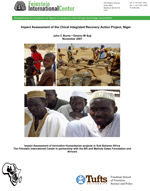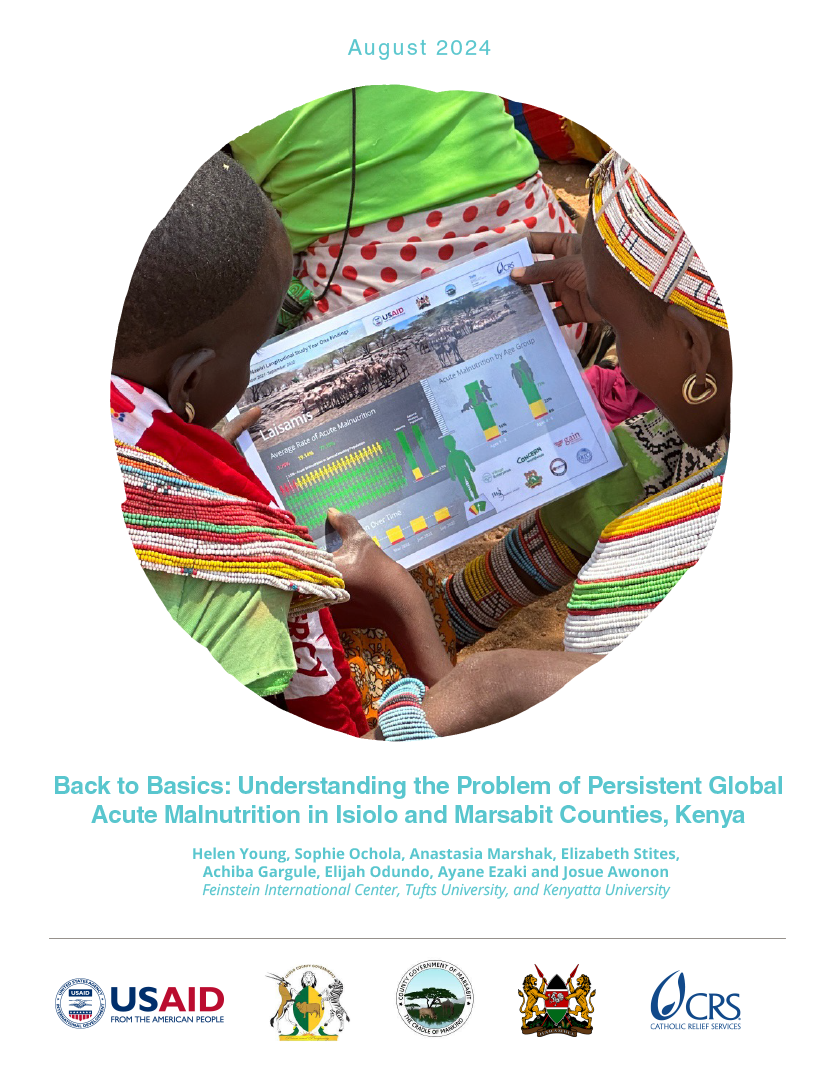This report is the outcome of an impact assessment of the ‘Chical Integrated Recovery Action Project’ an integrated livelihoods and drought mitigation intervention implemented by Africare in the Tillaberi region of Niger. The assessment is one component of a broader applied research initiative “Impact Assessment of Innovative Humanitarian Projects in Sub-Saharan Africa” supported by the Bill & Melinda Gates Foundation. The ‘Chical Integrated Recovery Action Project’ was designed to assist ten communities to cope with and recover from the effects of an ongoing food crisis triggered by a failed harvest in 2004.
The key project components focused on cereal and vegetable production, the establishment of cereal banks, restocking of small ruminants, and the provision of micro-credit loans. The project also included a capacity building and training component aimed at supporting the other project activities. The impact assessment set out to investigate changes in household food security and income that had come about as a result of the project, and how these changes had impacted the livelihoods of the participating households and communities.
The assessment was carried out by Africare project staff with support from researchers from the Feinstein International Center.







